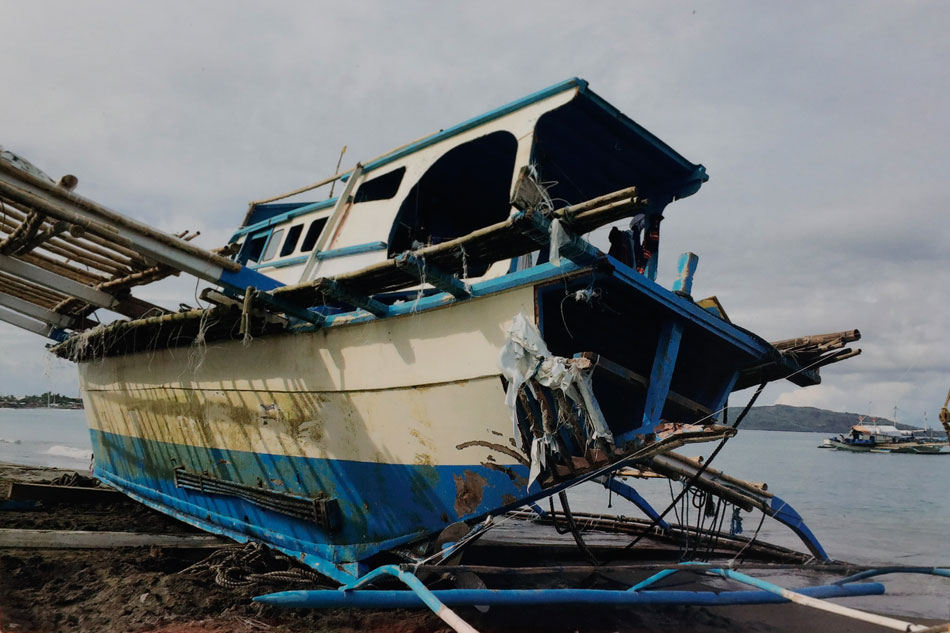 |
| Photo from: ABS-CBN News |
By looking at the map alone, we can easily surmise that China has little claims of these islands since it is quite far from there nautical zone, so the major claimants are supposed to be countries that are members of ASEAN, namely Philippines, Vietnam, Malaysia and Indonesia. But historically, China went on to assert its claims during the era of Tang Dynasty. Now, if we go by the UNCLOS, this can be settled through arbitration in the UN, which the Philippines avail d it and won recently but the verdict was not exercised because of the lack of recognition from China which is not a party of UNCLOS.
Regional groups like the ASEAN, APEC and other multi organisation have attempted-to discuss and created a manifesto on how to resolve the issues, however, every time they release a guidelines it was face with strong influence or opposition by China. ASEAN members are willing to dialogue with China and have even agreed multilateral talks but it is only for naught.
Recently, individual nation whose claims were being halted of a hegemony opted to discuss through back channels links to not preempt any external aggression. The president of the Philippines have been cooperating with China and did not enforce the ruling made by UN in exchange of grants and investment to the Philippines. He has been heavily criticized by foreign media because of his stance to China.
So how do we solve a problem like South China Sea (West Philippine Sea)? If we can't get it right through legal proceedings such as the UNCLOS, an ignored regional assertion of ASEAN of its territories and a repeatedly failed direct bilateral talks, is it really doomed to perdition?
The vast islands is home to millions of land and sea habitats plus the rich oil and minerals it possess makes the aggressive claims of these nations. Duterte’s foreign policy is ironically soft to his macho personal behavior. He is non confrontational as compared to his immediate predecessor. He is more open and cooperative to extend joint exploration to the islands which the Philippines had claimed. A new turn of events on the part of the Philippines, despite its longstanding maritime disputes with China, emerged as a formidable partner for Philippine economy. The leadership should then have a full appreciation of the challenges and opportunities presented by our giant neighbour.
For a personal and educator standpoint, I suggest that instead of the building frenzy on the contested seas, why not build Research Stations and/or Tourist attractions? Weaponizing them and turning it into military depots will serve no one's interest except the usual realpolitik underpinned by power.
By all means, let everyone who have the means build these islands do so. Later we can connect them and call it an island of peace. But we need political scientists, economists, masters in international relations, environmental planners and architects to work on this.
Suggested Readings:
